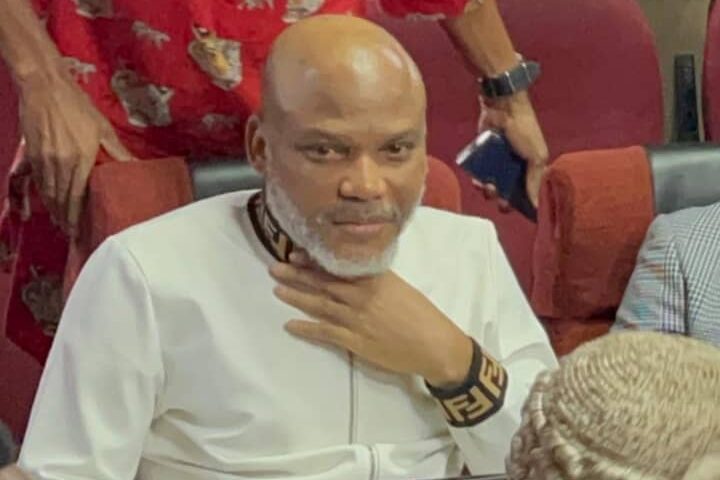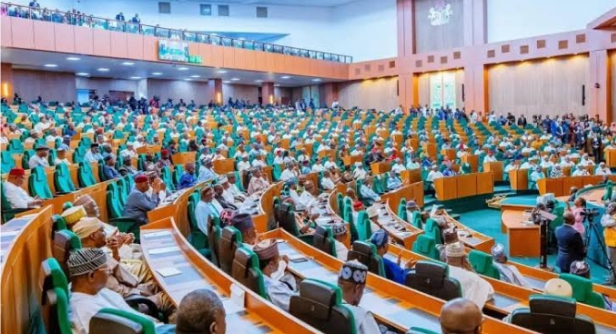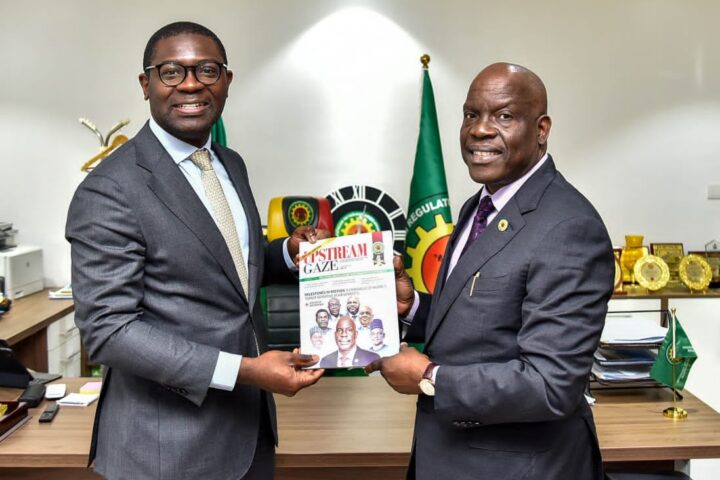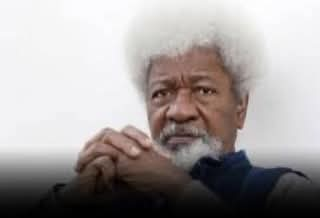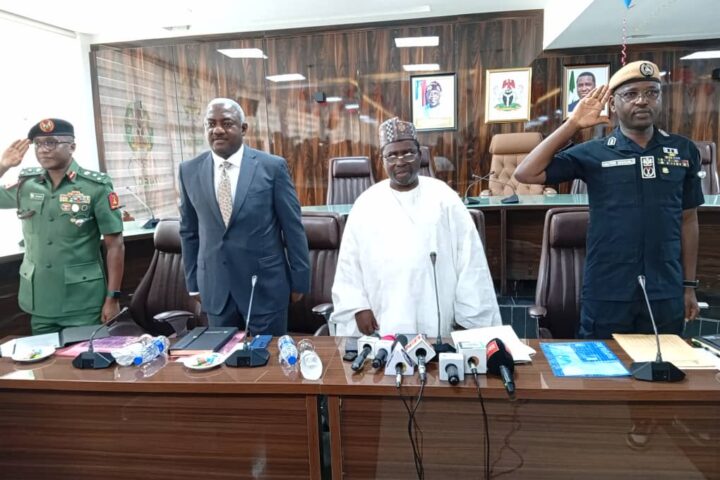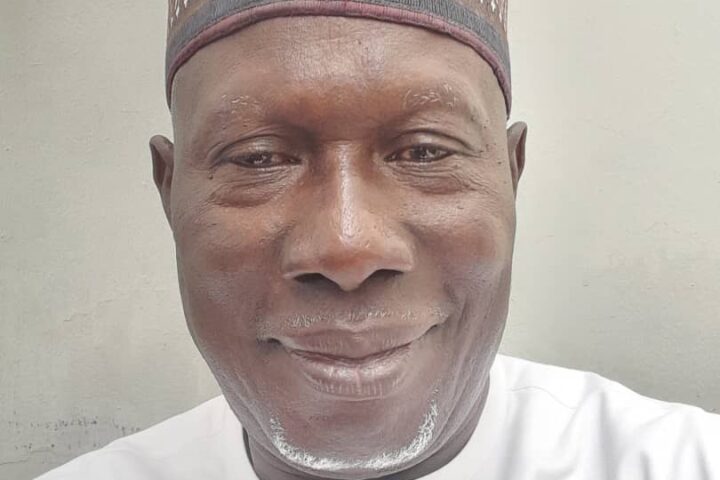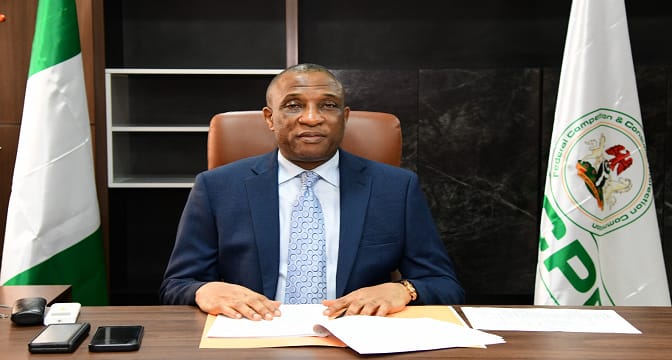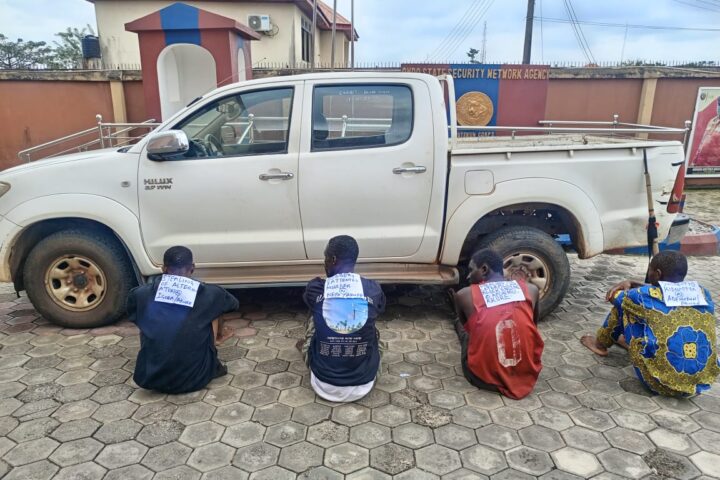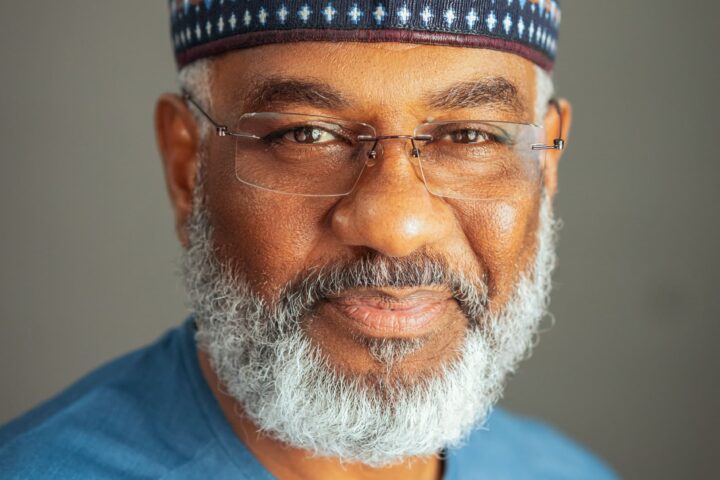The House of Representatives Committee on Downstream Petroleum Resources has expressed serious concern over the ongoing industrial action initiated by the Petroleum and Natural Gas Senior Staff Association of Nigeria (PENGASSAN) against the Dangote Refinery.
The picked holes in the union’s decision to cut off crude oil and gas supply to the Dangote Refinery,and warned of its potential to negatively affect the nation’s downstream petroleum industry and broader investment appeal.
At a media briefing in Lagos on Saturday, the Committee Chairman, Hon. Ikenga Imo Ugochinyere, called on PENGASSAN to urgently retract the directive and pursue a peaceful, constructive dialogue to resolve the dispute.
“While we recognize the union’s grievances, such an abrupt action taken without adhering to due process is not justifiable,” Ugochinyere stated. “It risks economic setbacks, threatens the stability of our downstream petroleum system, and sends discouraging signals to both domestic and foreign investors.”
According to him, the consequences of disrupting operations at a strategic national asset like the Dangote Refinery could undermine national energy strategies and discourage future private sector involvement.
He added:“This issue goes beyond Dangote. It touches on our national energy framework, investor confidence, and our image as a country governed by lawful conflict resolution mechanisms,” he said. “The international community is observing. What they expect is for Nigeria to uphold structured processes and institutional engagement.”
Ugochinyere revealed that the Committee is organizing a “Downstream Stability Roundtable” aimed at fostering open dialogue among all key stakeholders.
“We’re setting up a space where concerns can be transparently aired and addressed,” he explained. “Stakeholders such as PENGASSAN, NUPENG, the Nigerian Midstream and Downstream Petroleum Regulatory Authority (NMDPRA), the Ministry of Labour and Employment, and representatives from Dangote Refinery will be present. Our objective is a lasting, equitable solution.”
As part of its intervention strategy, the committee has formed a sub-panel to delve into the core issues of the dispute and mediate accordingly. The sub-committee, led by Hon. Akin Rotimi, comprises Hon. Midala Usman, Hon. Billy Osawaru, and Hon. Mathew Nwaogu, he said.
He noted that this sub-committee has been given a 14-day timeline to investigate the underlying factors behind the strike and recommend actionable solutions.
“We’re treating this matter with the urgency it deserves,” he said. “The sub-committee will assess key issues including allegations of forced unionization, improper dismissals, private enterprise rights, and the broader labour-management dynamics at the refinery.”
He urged all involved stakeholders to provide comprehensive written submissions detailing their positions, complaints, and demands to support a fact-driven resolution.
“We’re asking PENGASSAN, NUPENG, and Dangote Refinery to submit detailed briefs,” he said. “This will help ensure our findings and resolutions are based on verifiable facts rather than assumptions, leading to more credible and acceptable outcomes.”
Affirming the importance of protecting labour rights, Ugochinyere also reiterated the need to follow legal and institutional channels in handling industrial disputes.
He said:“Workers have the right to demand fair treatment, and that right is non-negotiable,” he emphasized. “However, those demands must be pursued through proper frameworks. Actions that bypass the rule of law risk jeopardizing everything we’ve worked to build, a stable, attractive, and secure petroleum sector.”
He urged PENGASSAN to explore established mechanisms such as dialogue, negotiation, and alternative dispute resolution (ADR) in line with Nigeria’s labour regulations and international best practices.
He said:“Our plea is for all parties to return to the negotiation table,” Ugochinyere said. “We must choose dialogue over conflict. Instability in such a crucial sector is a risk Nigeria cannot afford.”



